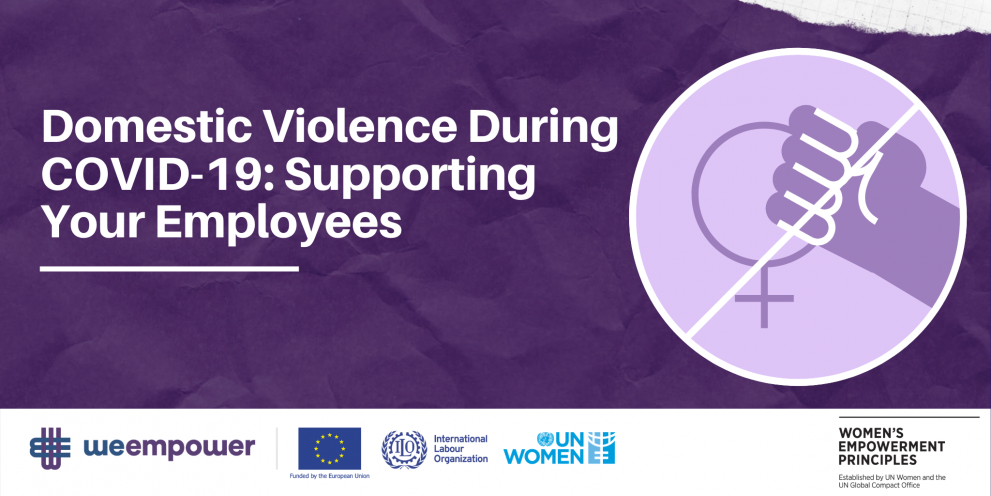
On the occasion of the International Day for the Elimination of Violence against Women, the European Commission reaffirms the EU’s commitment to stop violence against women not only Europe, but in the world.
Violence against women and girls is a widespread and devastating human rights violation that takes place across the globe. The COVID-19 pandemic has triggered an upsurge in domestic and gender-based violence in many countries.
“Violence against women and girls is a violation of human rights, and has no place in the European Union, or anywhere else in the world.” declared the European Commission and High Representative/Vice-President, Josep Borrell in a statement earlier this week.
The EU is committed to working tirelessly with its partners across the globe to address these issues, particularly when it comes to women and girls in conflict-affected areas. In this context, a series of new actions have launched through the EU’s Instrument contributing to Stability and Peace with a specific attention to women and girls at risk or victims of sexual and gender-based violence and non-accompanied children.
Equally, the EU’s work in preventing violent extremism integrates a gender perspective. The European Commission’s Service for Foreign Policy Instruments teamed up with UN Women in preventing violent extremism with a focus on gender aspects both at global level and through specific actions in Jordan and Pakistan.
Over the last year, the COVID-19 pandemic has raised new challenges. Lockdowns, social distancing and other restrictions left millions of women and girls vulnerable to domestic violence or cyber-violence. .
The WE EMPOWER G7 programme and the Women’s Empowerment Principles (WEPs), co-funded by the EU, the International Labour Organisation and UN Women, have developed a series of resources to help curbing violence against women during this pandemic, such as:
- A report on ‘The COVID-19 Shadow Pandemic: Domestic Violence in the World of Work - A Call to Action for the Private Sector’ addresses this new reality. As COVID-19 shifted workplaces from office to home, the report highlights that employers have a ‘duty of care’ to their employees working remotely.
- A webinar on ‘Domestic Violence during COVID-19: supporting your employees’ during which experts highlighted businesses’ role in caring for employees working remotely from home. Panelists included UN Women’s Chief of Ending Violence against Women and Girls Section, Kalliopi Mingeirou and Dr. Jane Pillinge, global expert on gender equality and gender-based violence at work.
The programme also offered insights for ensuring safety in traditional work environments. This includes a report on ‘Tackling Sexual Harassment in the World of Work’, which is part of a wider guidance framework for gender-responsive business conduct in the private sector. It highlights the high costs of sexual harassment in the workplace for workers, companies and economies alike.
The EU will continue its work in fighting violence against women together with like-minded partners around the world, providing support to vulnerable communities, addressing root causes and, where possible, helping to reinforce the legal frameworks.
More information:
Stop violence against women: Statement by the European Commission and the High Representative
UN - International Day for the Elimination of Violence against Women
Details
- Publication date
- 25 November 2020
- Author
- Service for Foreign Policy Instruments
